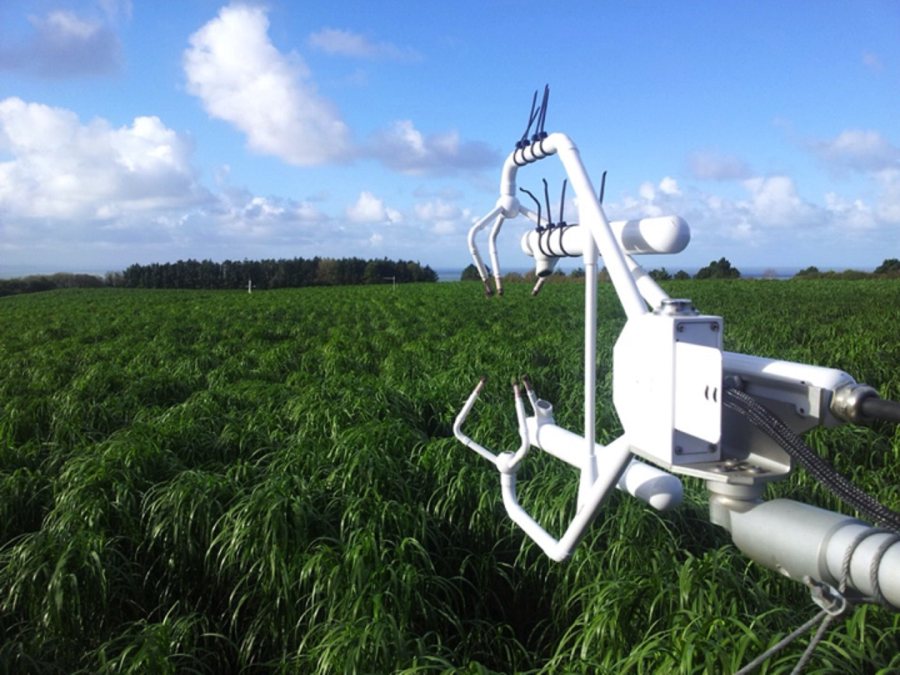
UK scientists will investigate adopting a technique to speed up Miscanthus breeding in an effort to meet climate change targets.
Researchers at Aberystwyth University will make the case for integrating a technique called genomic selection into the Miscanthus breeding programme.
Miscanthus is a highly productive perennial grass that requires very low inputs and is being bred by scientists in Aberystwyth as a biomass crop.
It produces 12-15 tonnes of biomass each year even when grown on land that is less suitable for food production.
The crop is harvested in spring and the biomass is currently sent to power stations to produce renewable electricity.
Plant breeding is a process of crossing parent plants that have specific desirable traits, in order to create offspring with improved traits.
In the case of Miscanthus, these traits include yield of biomass, ability to withstand drought and frost, and suitability for growing with low nutrient inputs.
The project is part of a £4 million UK government package to boost biomass production, which was announced last week.
Dr Judith Thornton from Aberystwyth University explained that genomic selection was a way of accelerating a key stage of the breeding process.
"The idea is to create a model of how molecular markers in the plant genome are associated with physical characteristics in the adult plant," she added.
"We would then use this model to predict how good a plant will be, whilst it is still a seedling, instead of having to wait for it to mature into an adult plant.
"This would allow us to speed up the development of new Miscanthus varieties that are high yielding and suitable for a range of environmental conditions and future climate scenarios."
Dr Thornton added: "Miscanthus biomass can provide not only renewable electricity but also the negative emissions needed to decarbonise the economy.
"If we can improve the varieties of Miscanthus available on the market, the job of meeting carbon budgets will be made much easier."
